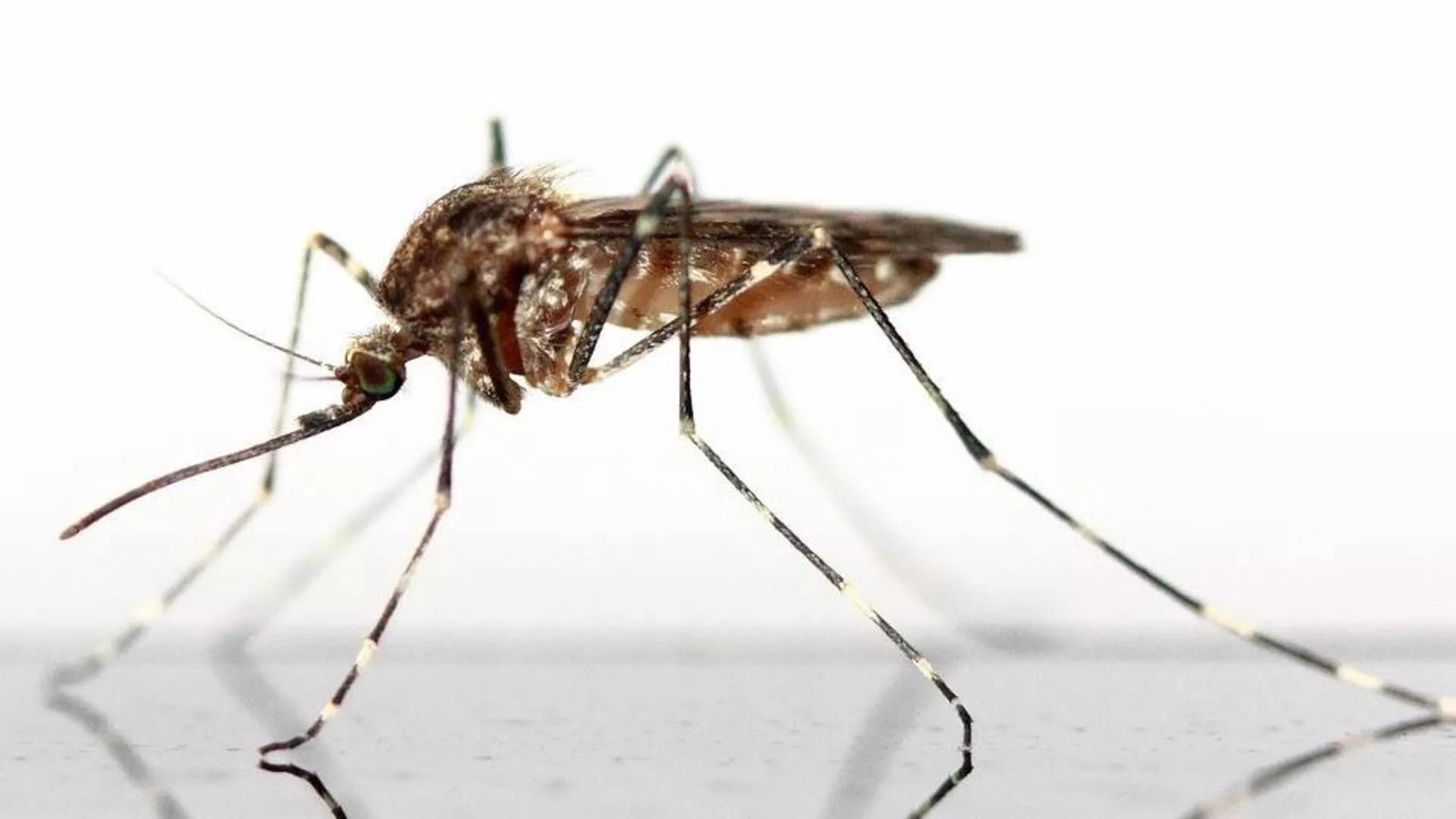Africa-Press – Botswana. Before 2022 there had been a slowdown in malaria cases in Ethiopia. After studying the latest big outbreak of the disease, scientists said that earlier progress in fighting the disease in Africa is under threat of being overturned.
An invasive mosquito species previously observed mainly in India and the Persian Gulf is likely to be behind a recent malaria outbreak in Ethiopia, scientists say. Malaria scientist Fitsum Tadesse presented this latest evidence at the 71st meeting of the American Society of Tropical Medicine and Hygiene in Seattle this Tuesday.
He said that after a drop in instances of the disease, there is now “a significant increase”. The new risks are connected to the invasive nature of Anopheles stephensi, the mosquito species that has been seen where the 2022 outbreak has occurred.
The same species is supposed to be behind a rise in malaria in Djibouti, which prompted the World Health Organization to begin a program to tackle the new threat.
In contrast with species common to Africa (that were not observed in great numbers this year), invasive mosquitoes tend to attack people outdoors, meaning that such classic mosquito-control measures such as bed nets and indoor spraying are rendered ineffective. The species can also thrive in polluted urban areas which is unusual for African anopheles.
However, according to the professor, the latest research is still insufficient to estimate the prevalence of the invasive insects or their role in malaria spreading.
Malaria is estimated to be lethal to more than 600,000 people – just more than one an hour each year – mostly in Africa. In October 2021, for the first time the WHO endorsed a malaria vaccine for large-scale use in children who live in areas with moderate-to-high malaria transmission.
For More News And Analysis About Botswana Follow Africa-Press






